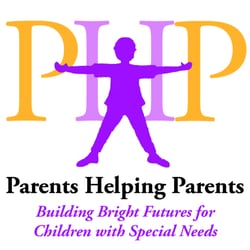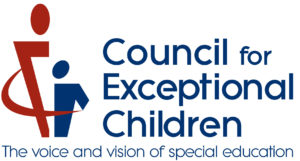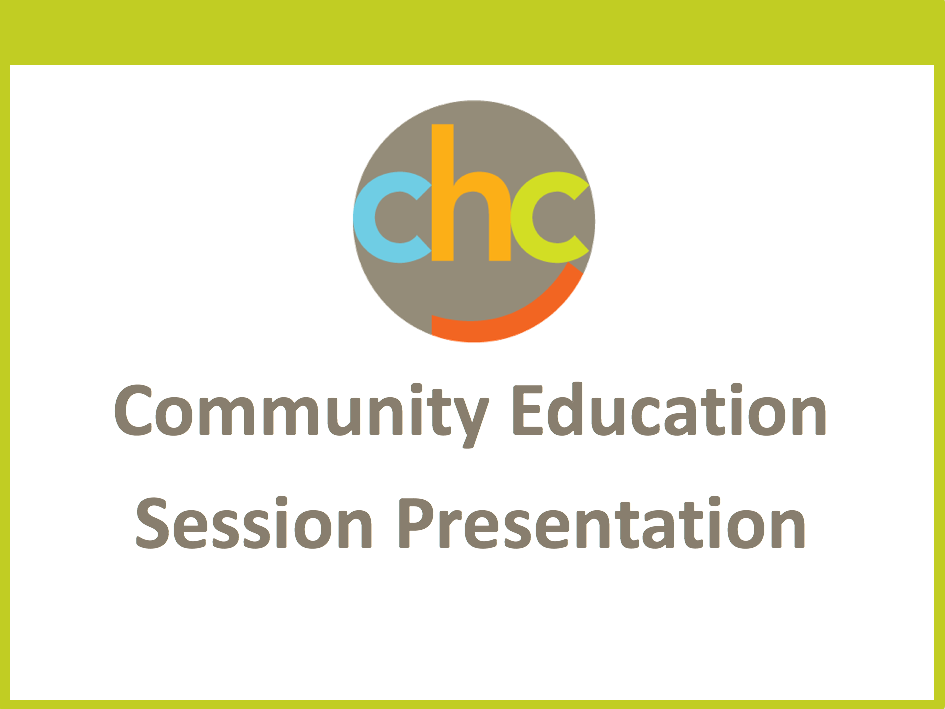Parents Helping Parents [web resource]
 Parents Helping Parents (PHP) helps families who have children of any age with special needs.
Parents Helping Parents (PHP) helps families who have children of any age with special needs.
PHP’s mission is to help children and adults with special needs receive the support and services they need to reach their full potential by providing information, training, and resources to build strong families and improve systems of care. Read more ›
 The
The 
 Since 1963,
Since 1963, 

 As the most common learning disability in the U.S., dyslexia affects somewhere between 5 and 17 percent of the population. In a five-part special series, National Public Radio (NPR) explores dyslexia.
As the most common learning disability in the U.S., dyslexia affects somewhere between 5 and 17 percent of the population. In a five-part special series, National Public Radio (NPR) explores dyslexia. 
 This presentation reviews non-medication intervention strategies for children with ADHD and executive functioning challenges. Learn more from CHC’s
This presentation reviews non-medication intervention strategies for children with ADHD and executive functioning challenges. Learn more from CHC’s 


 In this community education presentation, Dr. Glen Elliott and Dr. Vivien Keil provide a brief historical perspective of Attention-Deficit Hyperactivity Disorder (ADHD), discuss current methods for diagnosis and some general strategies for coping with a child with ADHD.
In this community education presentation, Dr. Glen Elliott and Dr. Vivien Keil provide a brief historical perspective of Attention-Deficit Hyperactivity Disorder (ADHD), discuss current methods for diagnosis and some general strategies for coping with a child with ADHD. 

